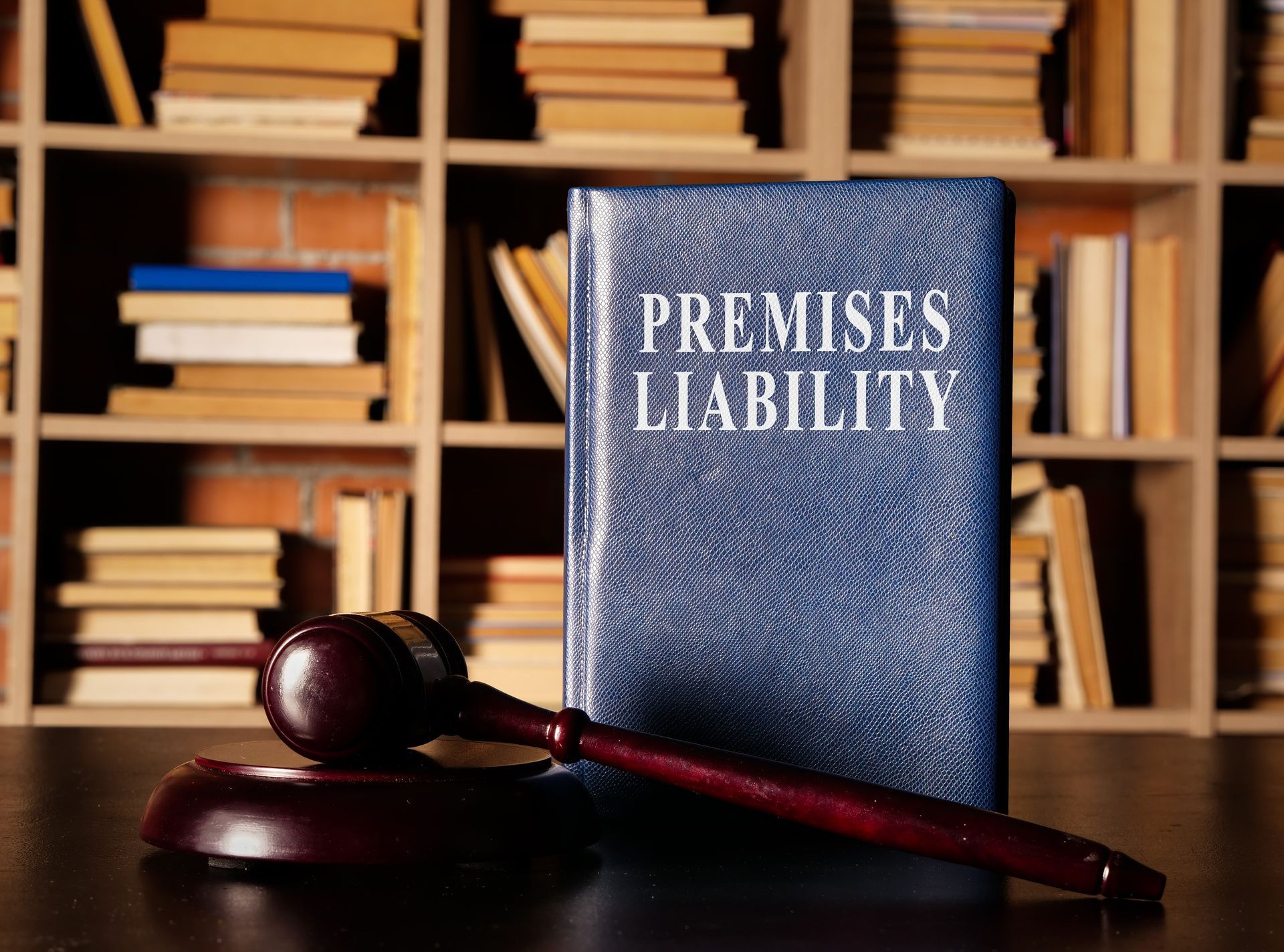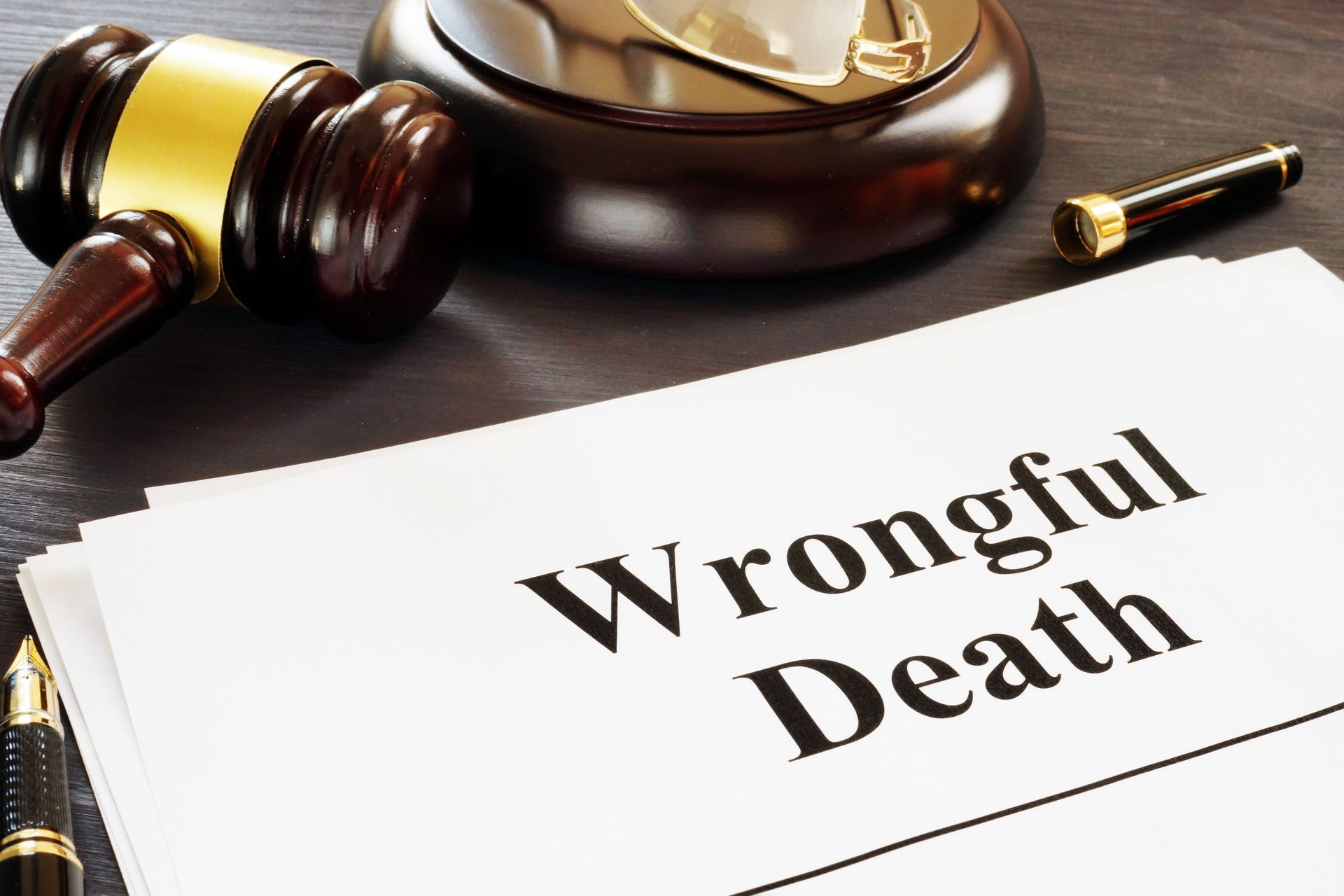Contact Us
Phone: 201-500-3950
Location
99 Kinderkamack Rd
Suite 300
Westwood, NJ 07675
Hours
- Mon - Sun
- Open 24 Hours
Call Now For A Free Consultation: 201-500-3950
Navigating New Jersey's Personal Injury Claims: The Ultimate Guide to Calculating Medical Expenses
Navigating New Jersey's Personal Injury Claims: The Ultimate Guide to Calculating Medical Expenses
Sustaining an injury is not just a blow to your physical well-being—it can also be a significant financial setback. If you find yourself in this unfortunate situation, seeking compensation for your medical expenses is not just about being made whole again; it's about securing your financial future. Navigating personal injury claims in New Jersey can be complex, but understanding how to calculate medical expenses puts you squarely in the driver's seat of your settlement outcome.
With this comprehensive guide, New Jersey residents will learn the ins and outs of assessing medical costs, uncovering potential long-term expenses, and accounting for nuances that could affect the final calculation. Whether you're a victim of a car accident, a workplace injury, or any other incident, the steps to quantifying your medical damages are vital for a successful claim.
Unveiling the First Layer: Your Current Medical Costs
The first step in determining the value of your medical expenses is to catalog your current bills. This includes everything related to your injury: hospital stays, surgeries, prescription medications, physical therapy, and even travel expenses to attend medical appointments. Each line item contributes to the initial assessment of your claim and serves as the cornerstone for your settlement negotiation.
To ensure a comprehensive list, you must be meticulous in collecting and organizing your bills. Start by requesting an itemized statement for every service you receive. Cross-reference these with your explanation of benefits from your insurance provider. Don't overlook seemingly small things like over-the-counter medications or medical devices you might have needed. They all add up and deserve to be included.
A common mistake is accepting the first bill without question. Errors in billing are not uncommon and could inflate your costs. Be diligent in reviewing each invoice and if necessary, challenge any discrepancies with your healthcare provider or insurer.
The Horizon of Long-Term Medical Costs
The story doesn't end with the bills that arrive in the weeks or months following your injury. For many, the road to recovery is long and leads to future medical expenditures. Projections for long-term care must be included in your personal injury claim to adequately address your medical needs.
Consider consulting with a healthcare provider who can give insight into the ongoing care you might require. This could range from future surgeries to the need for special accommodations in your home or vehicle. These projections are just as essential as your immediate costs and should be detailed alongside your initial bills when pursuing a settlement.
Even if you feel better down the line, some injuries have a delayed onset or worsen over time. For this reason, it's crucial to add a contingency for potential future medical expenses to your claim. This ensures that you won't be left covering unforeseen costs out of pocket after your settlement is reached.
The Multiplier Effect: Factors that Influence Calculation
Medical expenses are not always straightforward to calculate. Several factors can influence the final sum you present in your personal injury claim. One commonly used method is the multiplier approach: Your economic damages (the actual cost of your medical expenses) are multiplied by a number typically ranging from 1.5 to 5, depending on the severity of your injury.
However, the multiplier approach is just one tool in a box filled with various valuation methods. Courts and insurance adjusters may use this as a basis for estimation, but other elements, such as the necessity of treatment, your prognosis, and the effect of the injury on your life, come into play. Each case is unique, and understanding how these factors interplay with your medical costs is vital in ensuring that you seek and receive the compensation you deserve.
Another crucial aspect of the calculation is the documentation of your pain and suffering. Although not directly a medical cost, it's an important element when quantifying damages in New Jersey personal injury claims. Keeping a pain journal could help articulate the non-monetary effects of your injury, which can be evaluated in conjunction with your medical expenses.
Navigating the Personal Injury Claims with JF Bullwinkel Attorney At Law
Medical expenses are just one part of the personal injury puzzle. To truly understand and quantify the full extent of your damages, consider enlisting the expertise of a legal professional. At JF Bullwinkel Attorney At Law, our team of dedicated attorneys assists New Jersey residents in every step of the personal injury claim process, including the detailed assessment of medical costs.
We work closely with our clients to ensure that no expense is overlooked and that their claims are comprehensive and accurately reflect the full impact of their injuries. We understand the nuances of New Jersey's personal injury laws and use this knowledge to deliver results.
If you've been hurt and are facing mounting medical bills, don't go it alone. Contact us today for a consultation and take the first step towards the justice and compensation you rightfully deserve. Our commitment is unwavering: We will fight for your rights and help you through this challenging time, so you can focus on what's most important—your recovery.




Schedule a Case Evaluation
Contact us now!
Homepage FCE Form
We will get back to you as soon as possible.
Please try again later.
By submitting this form, you agree to be contacted by our law firm, either by phone, text or by email.
Hours
- Mon - Sun
- Open 24 Hours
Free Consultations
Disclaimer: The information on this website is for general information purposes only. Nothing on this site should be taken as legal advice for any individual case or situation. This information is not intended to create, and receipt or viewing does not constitute an attorney-client relationship.
© Copyright 2024 | All Rights Reserved | J. F. Bullwinkel, Attorney at Law, LLC | Powered By Convert It Marketing | Privacy Policy




